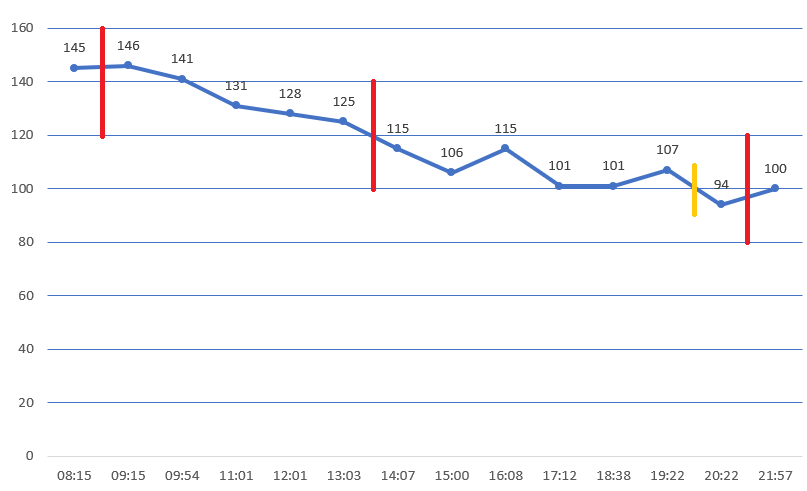Hey there (I love the plugin that shows similar topics when you type in the title)
I couldn’t find real discussion about this on the internet, sorry if I missed something. Last year I’ve been diagnosed with MODY2 diabetes - as a quick explanations for those who never heard about it (such as half of the doctors I’ve met XD), MODY2 is a genetic mutation which causes loss-of-function in the glucokinase molecule, making it less sensitive too glucose, thus triggering insoline secretion only at higher levels. This means my average BG is around 110. No meds needed, just some regular tests.
Here comes my question. On keto, we cut off carbs and sugars to avoid blood sugar spikes that would generate insuline production. Knowing my GCK is retarded ( ), wouldn’t it mean that in case of BG drop (like after an effort) I should be able to eat a bit more glucose than the average human before secreting insuline?
), wouldn’t it mean that in case of BG drop (like after an effort) I should be able to eat a bit more glucose than the average human before secreting insuline?
I am not trying to cheat on my keto  Consider this as a free thought (I study biology, so maybe professional curiosity?). Maybe you know something more about it? I’m curious.
Consider this as a free thought (I study biology, so maybe professional curiosity?). Maybe you know something more about it? I’m curious.
Thanks!
Fox’


 My fingers will hurt though. As for the diagnosis, my father and I have always had elevated blood sugar levels. The only time I recall having a good result was the time when I forgot about the test and drank a glass of coke a few hours before XD
My fingers will hurt though. As for the diagnosis, my father and I have always had elevated blood sugar levels. The only time I recall having a good result was the time when I forgot about the test and drank a glass of coke a few hours before XD I can even give you my exact mutation: G>C, t. Val412Leu in the GCK gene. It is not even in the databases, so there are no real researches on it specifically
I can even give you my exact mutation: G>C, t. Val412Leu in the GCK gene. It is not even in the databases, so there are no real researches on it specifically